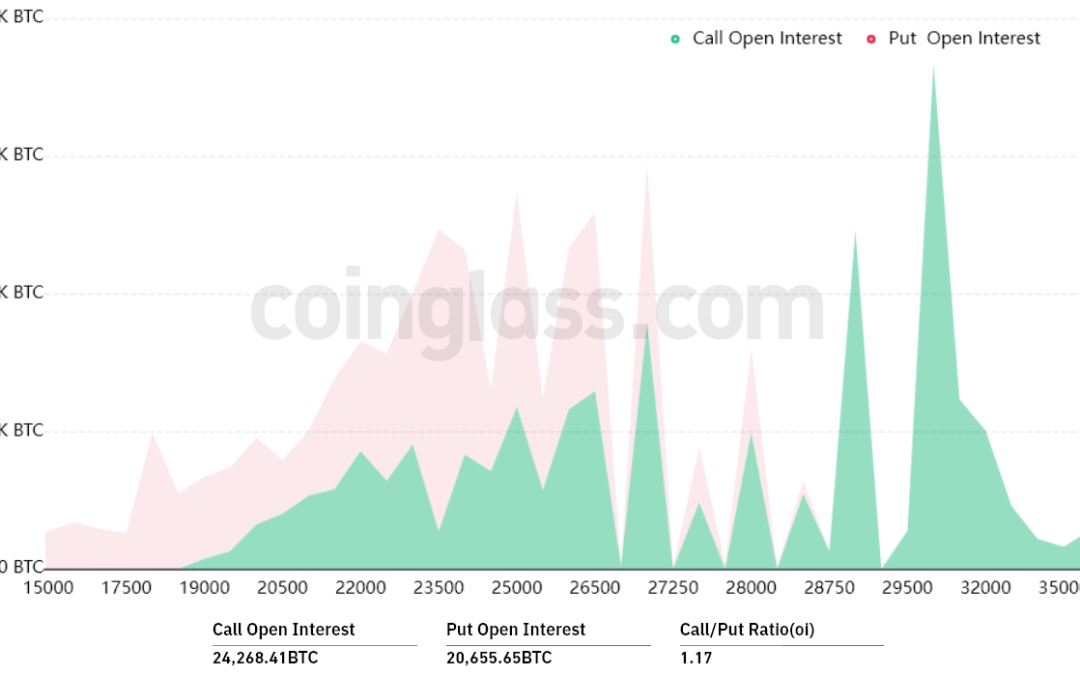Bitcoin’s (BTC) 17.5% rally between March 16 and 22 surprised options traders betting on price levels below $26,000. The movement resulted from investors seeking protection against persistent inflation and the ongoing banking crisis.
Bitcoin bulls have been paying close attention to the negative effects of near-zero interest rates between April 2020 and April 2022, and some have used the information to profit from the $1.2 billion in BTC options that are set to expire on March 24.
Resilient inflation and improving housing markets
According to the official Consumer Price Index (CPI) released on March 22, Inflation in England unexpectedly increased to 10.4% in February due to higher food prices. This outcome is likely to prompt the Bank of England to raise interest rates on March 23, thereby increasing the likelihood of a recession. A higher cost of capital is detrimental to businesses and families, but it is the only way to stem the rise in consumer prices.
Meanwhile, existing home sales in the United States increased 14.5% in February, following the first annual price decline in over a decade. The numbers released on March 21 reflect the decrease in mortgage rates resulting from the increased demand for government bonds. In addition, the increase in sales suggests that the housing market has reached a price floor.
Investors frantically sought protection against monetary debasement as governments were forced to inject capital to prevent banking sector contagion. For example, the yield on five-year U.S. Treasurys decreased from 4.34% on March 8 to 3.6% on March 22, indicating increased demand for fixed-income instruments.
Is the new world one where the prices of all assets are rising?
Consumer prices continue to rise even as the S&P 500 reclaimed the 4,000 mark. Housing market demand is increasing, and gold gained 7.8% in 2023. Every asset with a chance to profit from inflation is increasing, a typical sign of fiat currency debasement.
The movement is not consistent with the macroeconomic scenario in which banks required emergency bailouts and major corporations were forced to lay off thousands of employees due to declining sales prospects. Therefore, a portion of Bitcoin’s recent gains toward $28,000 is due to the weakening U.S. dollar.
If the fear of a recession continues to have a negative impact on risk markets, Bitcoin may struggle to maintain the price levels necessary for bulls to earn $380 million or more by March 24 when weekly options expire.
Data also shows that bears were caught by surprise as Bitcoin surpassed $26,000
The weekly BTC options expiry has $1.2 billion in open interest, but the actual figure will be lower because bears have concentrated their bets on Bitcoin trading below $26,000.
The 1.17 call-to-put ratio reflects the difference in open interest between the $675 million call (buy) options and the $575 million put (sell) options. Bears were caught off guard on March 17 when Bitcoin’s price surged above $26,000, so the likely outcome will be much lower than anticipated.
For instance, if Bitcoin’s price remains near $27,700 on March 24 at 8:00 am UTC, there will be only $21 million in put (sell) options. This distinction arises due to the fact that the right to sell Bitcoin at $26,000 or $27,000 is null if BTC trades above that price on the expiry date.
Related: Bitcoin price whipsaws as Fed says rate hikes may not be ‘appropriate’
The most likely outcomes favor bulls by a wide margin
Below are the four most likely scenarios based on the current price action. The number of options contracts available on March 24 for call (buy) and put (sell) instruments varies depending on the expiry price. The imbalance favoring each side constitutes the theoretical profit:
- Between $25,000 and $26,000: 7,400 calls vs. 5,500 puts. The net result favors the call (buy) instruments by $50 million.
- Between $26,000 and $27,000: 9,100 calls vs. 3,700 puts. The net result favors the call instruments by $140 million.
- Between $27,000 and $28,000: 12,700 calls vs. 800 puts. Bulls increase their advantage to $330 million.
- Between $28,000 and $29,000: 14,300 calls vs. 20 puts. Bulls’ advantage increases to $405 million.
This rough estimate considers only call options in bullish bets and put options in neutral-to-bearish trades. Nonetheless, this oversimplification excludes more complex investment strategies. A trader, for example, could have sold a put option, effectively gaining positive exposure to Bitcoin above a certain price, but this effect is difficult to estimate.
Bears can only reduce their losses, so they are likely to throw in the towel and concentrate on the $3.8 billion monthly expiry on March 31. However, based on the weekly options data, bulls are in a great position to profit at least $330 million.
The views, thoughts and opinions expressed here are the authors’ alone and do not necessarily reflect or represent the views and opinions of Cointelegraph.
This article does not contain investment advice or recommendations. Every investment and trading move involves risk, and readers should conduct their own research when making a decision.










